Priorities
As the UK economy faces into a cost of living crisis, unprecedented supply chain challenges and the legacy of a global pandemic, it is more important than ever that the opportunities that come from sharing ownership with workers and employees are well understood.
The social as well as economic benefits derived from giving people a stake and a say in their organisations can help address challenges ranging from local and regional economic growth, to structural wealth and income inequality, to the growing adult mental health crisis.
To increase and broaden knowledge and understanding of employee ownership, OAW is shaping and delivering multiple research projects with a range of world-class partners, including:
The EO Knowledge Programme
Ownership at Work is delivering an unpredecented national research programme to establish a new baseline for the economic, social and environmental impact of employee ownership.
Commissioned by the UK’s trade body the Employee Ownership Association, the EO Knowledge Programme is the largest research project ever undertaken by the sector in the UK and will explore the impact of employee ownership via three research projects:
- The EO Performance project: Baseline research on the’ economic, social and environmental performance of EOBs, analysed against comparable non-EO businesses
- The Good EO project: A benchmarking study that aims to enable EOBs to routinely access EO-specific good practice insights
- The EO Integrated Impact project: The development of a free-to-use tool that enables EO businesses to measure and manage social and environmental impact of their ownership model
The EO Knowledge Programme will run until October 2023, with over 140 EOBs already having provided insight into their businesses as part of this vital research.
OAW are grateful to the following organisations for funding the EO Knowledge Programme – John Lewis Partnership, Mott MacDonald, Scott Bader, Howden Group, RM2, GLIDE, Gripple, Loadhog, Fieldfisher LLP and Make.
Building data, knowledge and insight
Alongside our major research projects, Ownership at Work continues to work with excellent and committed partners to grow understanding around critical issues, including:
- The drivers behind the sector doubling in size since 2020
- Levels of business owner readiness for exit or retirement
- Emerging governance best practice in businesses with Employee Ownership Trusts
- How businesses can attribute social impact to their ownership models
- The potential role of capital in increasing worker and employee ownership
Strengthening the sector’s evidence baseline
The research projects described above all aim to strengthen the evidence baseline that underpins the sector. In other words, to increase the volume and quality of data-driven insights available for public understanding.
This work aims to complement and build on the very excellent research work being done by colleagues in this sector across the UK and globally.
To date, the lagest single research exercise done on employee ownership in the UK was the Ownership Effect Inquiry which published its findings in June 2018 in a report entitled The Ownership Dividend.
This ground-breaking piece of work established the best baseline to date for the supporting evidence of the benefits of employee ownership in the UK. The report featured evidence, findings and recommendations of the year-long Ownership Effect Inquiry.
Led by the sector’s trade body the Employee Ownership Association, in partnership with John Lewis Partnership, the eaga Trust and the academic support of CASS Business School and Manchester Business School, the inquiry was at the time one of the most comprehensive studies of employee ownership in the UK.
More than 100 employee owned businesses (EOBs) and those who advise them gave evidence to an independent business-led panel of representatives from Britain’s leading business and professional organisations at seven hearings across the UK.
All of the research that OAW pursues builds on this foundation, and aims to strengthen findings and address gaps where they exist.

